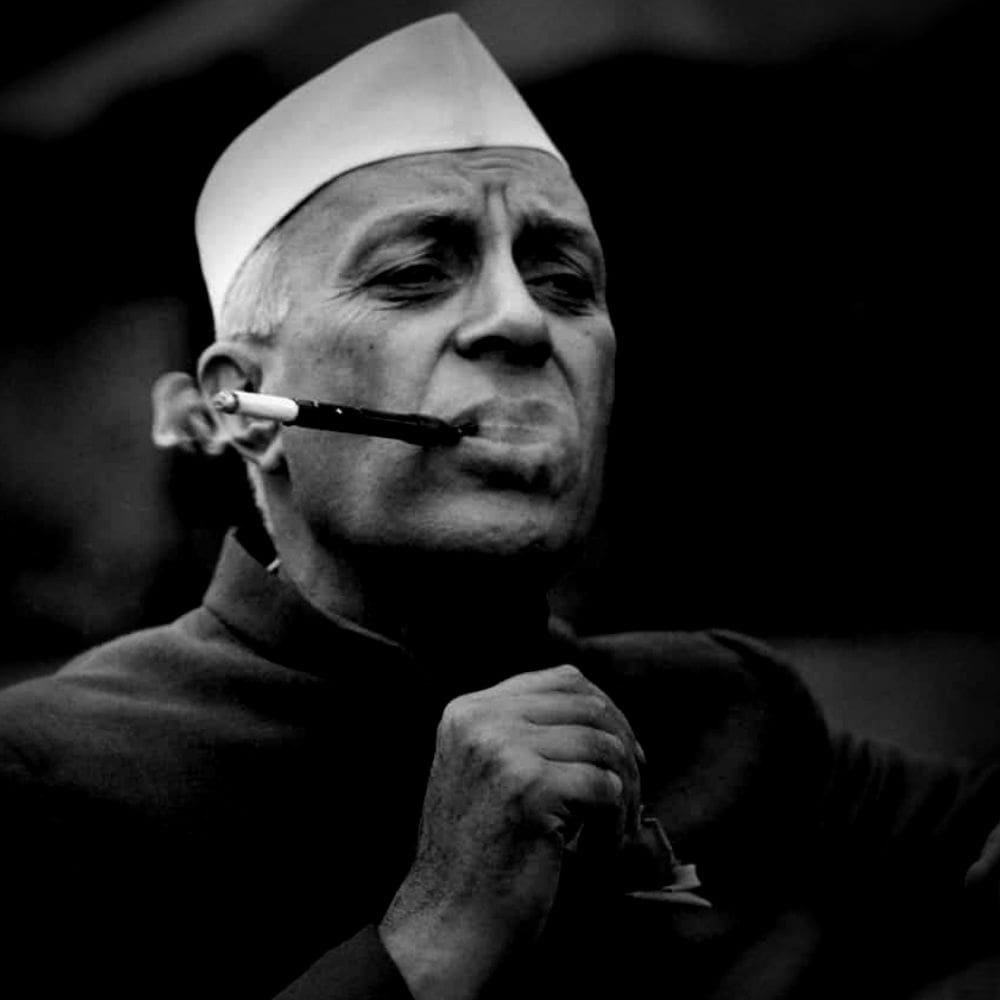NOT APPOINTING A SUCCESSOR, DELIBERATELY
Wrote Perry Anderson: “For the rest of the union, the lasting affliction of Nehru’s rule has been the dynastic system he left it. He claimed to reject any dynastic principle, and his capacity for self-deception was perhaps great enough for him to believe he was doing so. But his refusal to indicate any colleague as a successor, and complaisance in the elevation of his daughter —with no qualifications other than her birth for the post—to the presidency of Congress, where Gandhi had once placed him for his own trampoline to power, speak for themselves.”
Nehru did not appoint a senior cabinet minister or a deputy prime minister (after the death of Sardar Patel) to function in his absence when he went abroad. A responsible prime minister would have done so, and would have scotched all speculations on “After Nehru, who?” In fact, as stressed in the previous blunder, a responsible, patriotic leader would have refused to remain the prime minister after a period of eight years (1947-55), and would have handed that position to another capable leader—and there were many who would have handled the portfolio in a far better manner. But Nehru deliberately did not do so both to show to the world how indispensable and irreplaceable he was, and to make way for his daughter. Nehru thus sacrificed national interests for personal dynastic interests.
Wrote Walter Crocker: “It is no less strange that Nehru clung to office for so long. It would have been of help to the cause of parliamentary democracy in India if he had stood down…This is what Kemal Ataturk did…For one thing his long domination sapped the opposition; the opposition is an essential part of parliamentary democracy…”
Nehru, despite having ruled too long, did not think it fit to pass the baton to anyone, even though it was not as if the country was doing great during his time, and his not being there would have adversely affected the nation. On the contrary, with him not there, things might have improved, provided, of course, the baton had not been passed to his daughter!
Contrast Nehru with Sardar Patel, who had told his son and grandson, when they visited him after he suffered a heart-attack in Delhi: “As long as I am in this chair, don’t visit Delhi, unless I am unwell and you have to see me…All sorts of people will contact you. Take care.”


